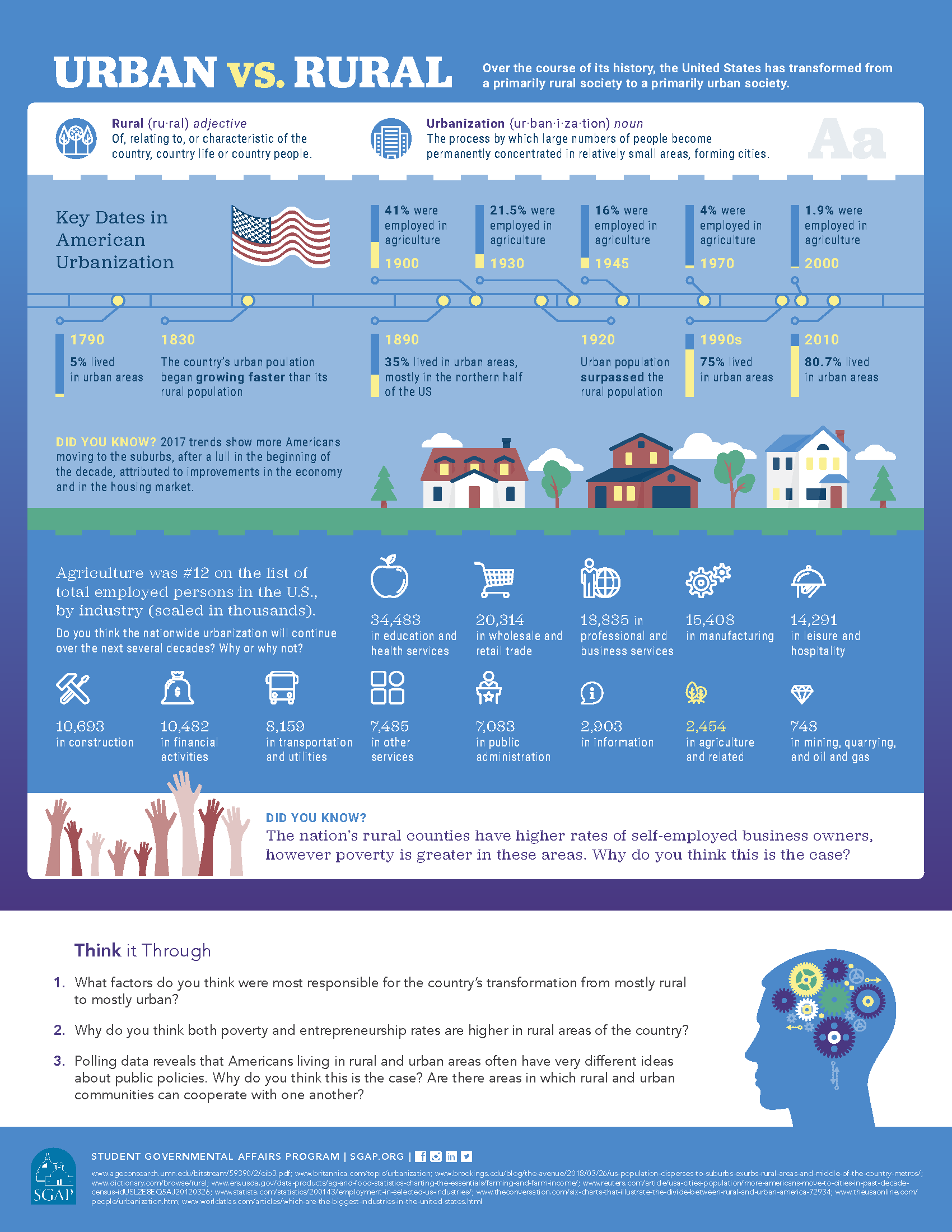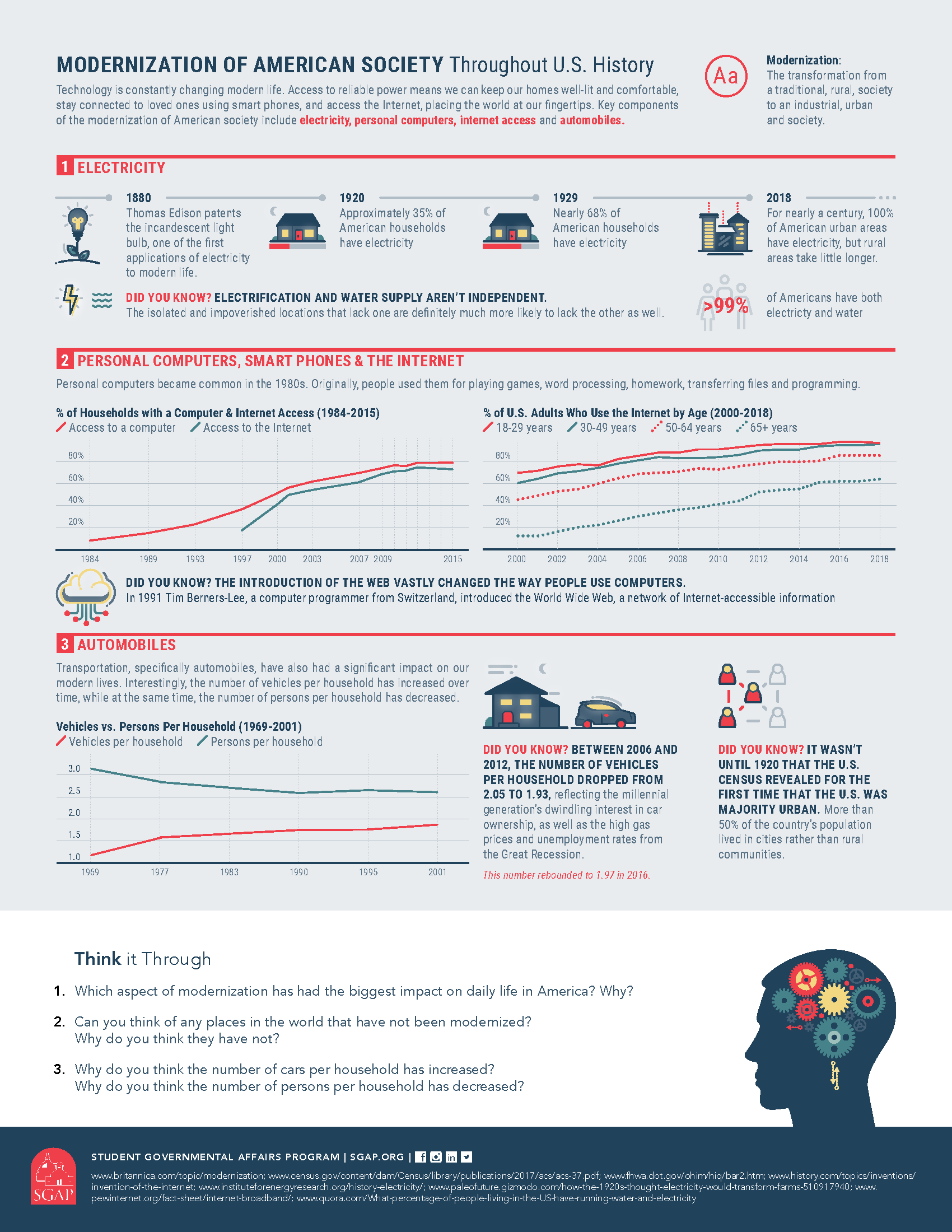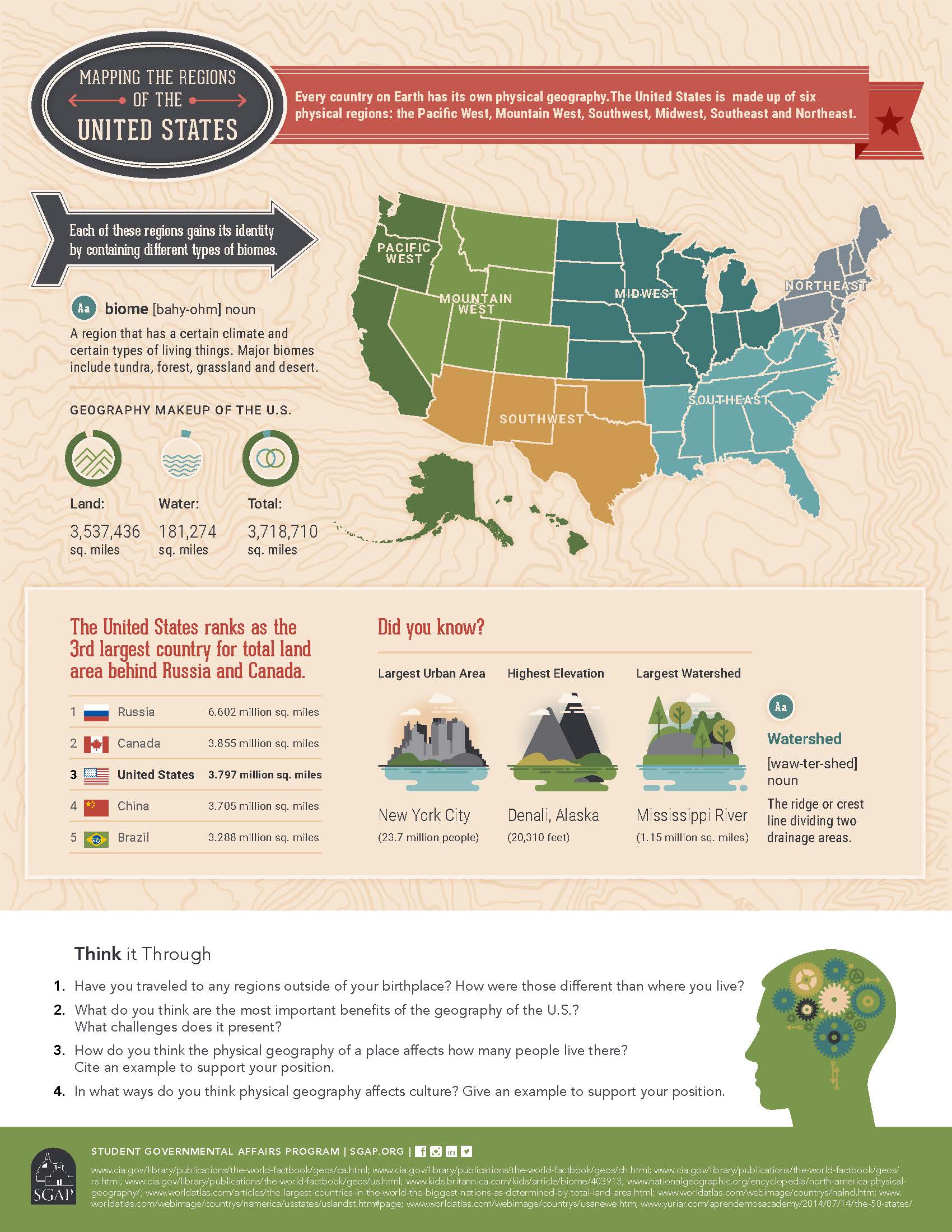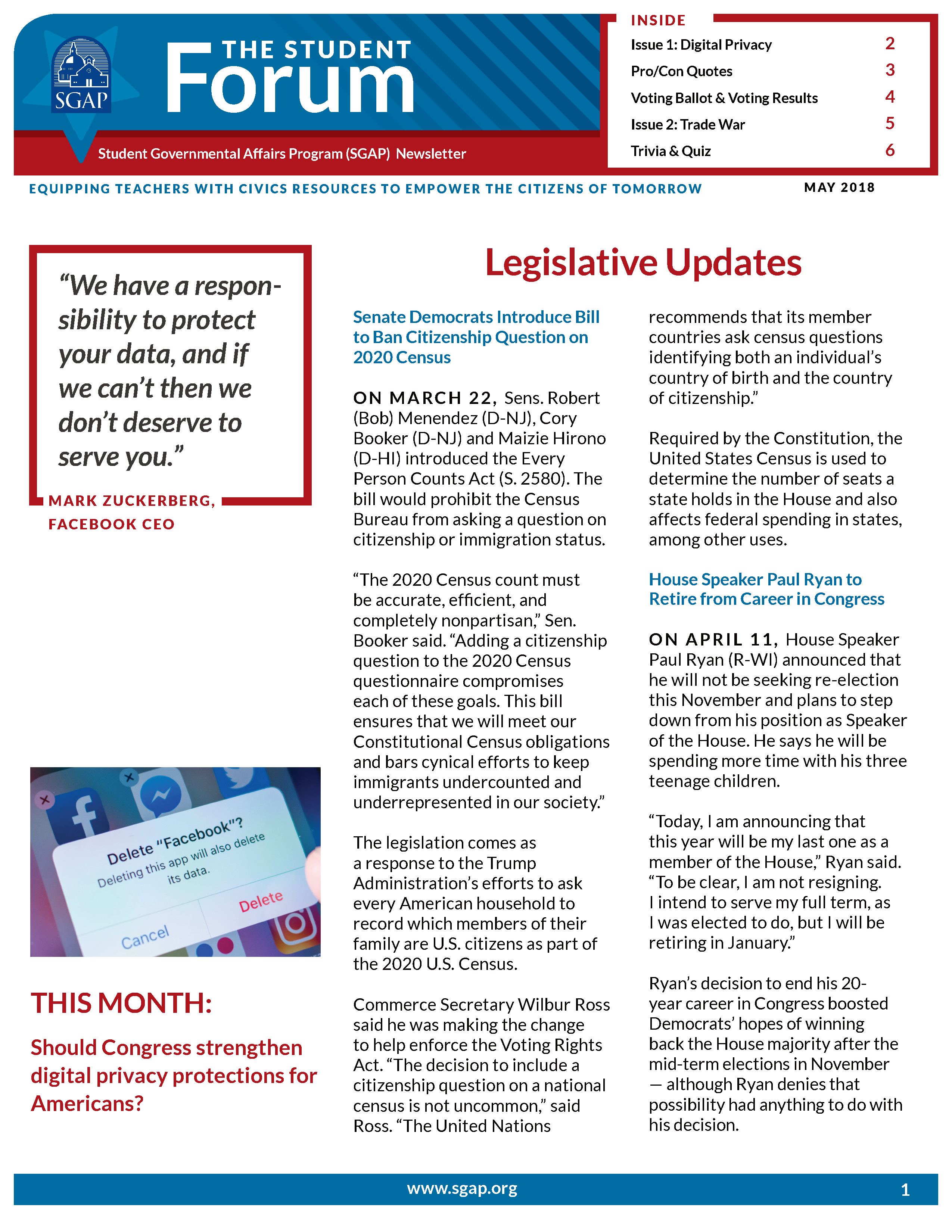
Name: Jill Anne Hahn
Title: Coordinator of Randall T. Shepard Leadership and Law Academy; Secondary High School Teacher at Evansville Harrison High School
School Name: Evansville Harrison High School and Randall T. Shepard Leadership and Law Academy
City, State: Evansville, Indiana
Subject(s) Taught: CAP Government, CAP Economics, We The People Constitutional Law course, Economics, Government, International Relations and Current Events
Grade(s) Taught: Seniors
No. of Years Teaching: 29 years
Honors: Federal Reserve Bank of St. Louis Economic Educator Advisory Board; Indiana Council of Social Studies award: Stan Harris Social Studies Citizen Award; Veterans of Foreign Wars Teacher of the Year Award from the National Guard; Leadership Evansville Professional Education Leadership Nominee; Olin B. Davis Exemplary Teaching of Economics Award; Randall T. Shepard iCivics Outstanding Teacher in Vanderburgh Co.; Indiana Supreme Court Award; Senator Lugar Symposium, Guest speaker on Nuclear Armament, Evansville Courier Press Outstanding Educator Nominee, Indiana Government Teacher of the Year presented by Senator Lugar
As an educator who serves in dual roles – a social studies teacher at a public high school and a program coordinator for a four-year college preparatory school – Jill Anne Hahn is one busy education professional. Her long list of honors and awards is a reflection of her commitment to excellence in education.
Hahn believes Government and Economics are two of the most important subjects that will affect students’ daily lives, now and in the future.
“My teaching philosophy is to educate all of my students by bringing the outside world into the classroom,” Hahn says. “By studying current events plus international relations, students can actually see how the outside world impacts them.”
One way Hahn teaches her students about current events is through the SGAP program. “I love SGAP and have been using it for 20 years,” Hahn says. “I feel that the future of our students looks extremely bright thanks to all the tools we have to teach them such as SGAP.”
Living to Give
Hahn’s philosophy doesn’t only focus on how the external world impacts students, but also how students’ internal landscapes impact the external world.
“I am big on giving of one’s self,” Hahn says. “Each student is required to give 10 hours of their semester to service learning, as part of their civic duty as Americans. I’m amazed at how many students come back years later and tell me their volunteer service inspired a career or they continued giving of themselves.”
This reminder to give back is much-needed in today’s fast-paced society. “Students have so many outside distractions in today’s world, whether it be too much social media, or issues at home,” Hahn says. “My role has changed over the years from just being a teacher and now also includes being a student advocate.”
Rolling with the Changes
In her 29 years of teaching, Hahn has witnessed many changes in the field of education, including those inspired by technology. A benefit of today’s technology is social media, Hahn says, because it has enabled her to stay in touch with her former students.
“Students remind me of what I taught them and many times we have civic discussion over various matters,” she says. “Often, I remind them that they must continue what I taught them because, after all, they are my legacies.”








